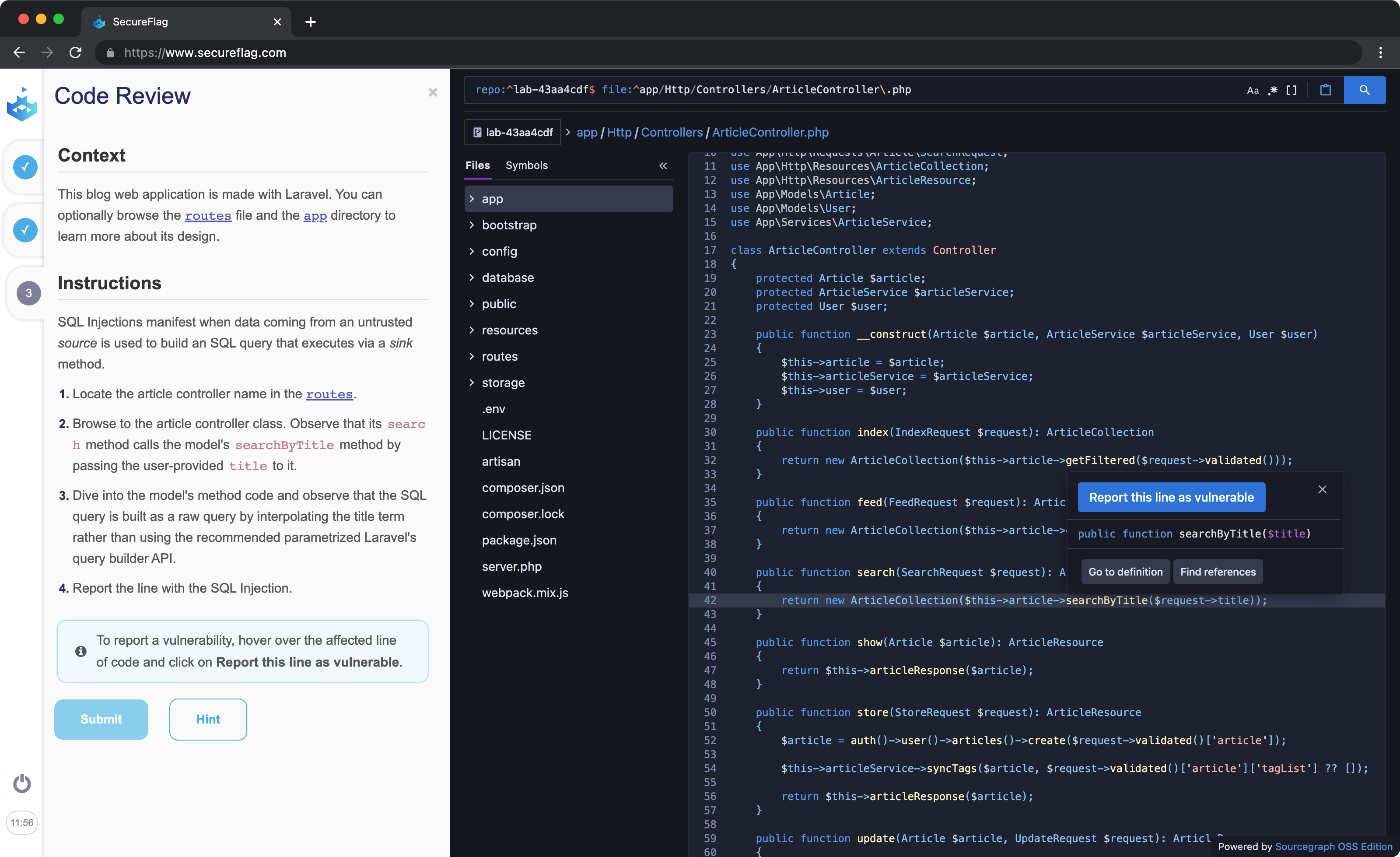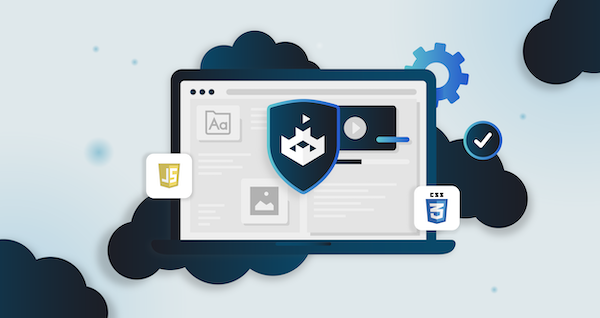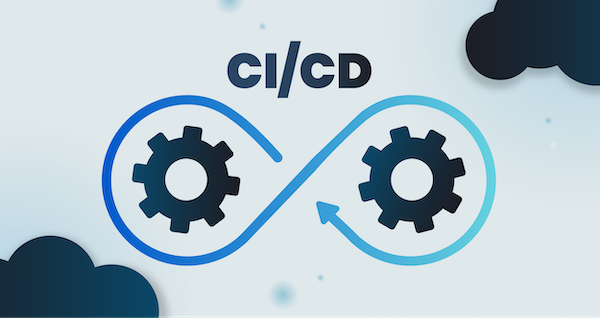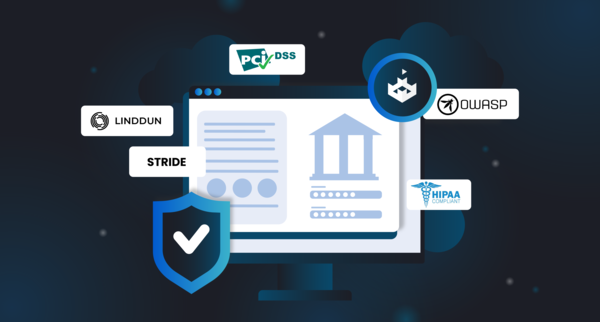Web app development in the modern-day digital landscape comprises everything from the design and creation of dynamic web content to front-end and back-end coding, navigating database technologies, connecting to clouds… there’s plenty that needs to occur before one can fire an Angry Bird™ at a porcine fortification!
Essentially, web applications have become a business imperative in delivering high-end business value to a gamut of verticals; they help expedite market presence and growth and improve ROI. A highly customized web application framework caters to various web technologies for hyperdynamic, comprehensive, functional, and interactive web solutions.
The development of web applications has seen a paradigm shift in terms of aligning with the changing technology trends, learning curves, tools, frameworks, and resources. However, the challenges in determining the appropriate programming language and framework for web development are still prevalent. If your core requisite is a stronger and more responsive web application that can take on native mobile apps, then the choice of tools and PHP frameworks for web development can be a game-changer.
This blog will dive into PHP frameworks for web development, the Laravel framework and features, why Laravel should be the choice of framework for developers and Laravel security. A framework with a comprehensive range of features can be beneficial, but the security of a framework should never be missed. This post will help you to understand how secure Laravel is, and Laravel security best practices that every developer needs to know.
What is a PHP Framework?
As of early 2021, statistics reveal that nearly 80% of all websites have made the shift to PHP frameworks. PHP, a recursive acronym for PHP Hypertext Preprocessor, is an open-source, server-side scripting language that has transformed the web development space with a compelling set of code libraries that use pre-programmed modules for the speedy development of applications.
PHP frameworks offer the following advantages over other frameworks for web development:
- Enhanced security features (effective too when properly configured!)
- Rapid development lifecycle
- Reduced coding requirements
- Minimized maintenance
The evolution of PHP frameworks dates back to the early 1990s, with the iterative collection of improvements emerging as one of the leading-edge, cross-platform frameworks for building web applications: Laravel.
What is Laravel?
Laravel is the industry-standard, open-source, cross-platform PHP framework for building web applications. After the release of v3.0, Laravel gained traction with the introduction of an intuitive Command Line Interface called Artisan, making it the leading PHP framework for Web Artisans.
With a highly functional development environment, Laravel libraries offer a host of pre-programmed functionalities that minimize coding time. Web applications created using Laravel are more structured in design as they use pre-existing components and other frameworks.
Laravel is a combination of agnostic front-end and back-end development functionalities. The Laravel framework was initially developed as a more progressive alternative to Symfony and CodeIgniter. Though the primary functionalities are based on Yii and CodeIgniter, its basic architecture is based on Symfony. The framework is best suited to handling complex and redundant tasks, such as routing, authentication, and HTML templating. Since Laravel is a PHP framework, its innate functionality is largely ‘server-side’ for ease of data manipulation.
Laravel offers some core advantages in web development:
- A highly functional development environment
- An intuitive and expressive command-line interface
- Object-relational mapping (ORM) for simpler data access and manipulation
- Highly scalable and easy-to-maintain codebases
- The capability of adding functionality to applications, owing to its modular packaging system and robust dependency management
- Automated packaging system to facilitate software deployments and distribution to users regardless of the platform
Laravel’s Feature set
Laravel’s feature set includes significant features, such as:
Intuitive Route Handling
Route identifiers are used for better management of applications. They use shorter path names for identifying routes and all the web interface routes registered in the routes/web.php file.
Blade templatization
Laravel’s PHP templating engine helps separate business logic from HTML templating, resulting in a more maintainable codebase. Blade supports the usage of PHP code that renders more functionalities, such as the creation of unique and innovative layouts in comparison to other engines. Blade helps link the data model, process the source template code, and generate the output to a specific stream or text file.
Sessions
Laravel ships with several session “drivers” out of the box that allow the user to choose where session data, ranging from encrypted cookies to database storage, will be kept.
High scalability
It provides integrated support for distributed cache systems and millions of requests.
Why is Laravel the choice of developers?
BuiltWith Technology Lookup estimates that approximately 737,000 websites use Laravel as their go-to framework for the following reasons:
Pre-installed Object-oriented libraries
These offer notable features, such as password resetting, encryption mechanisms, Cross-Site Request Forgery (CSRF) protection, and active user monitoring. The Eloquent Object Relationship Mapper (ORM) facilitates the interlinking of database objects through relationships.
Artisan commands
Executed through a CLI called Artisan, it automates mundane and repetitive programming tasks. The Artisan Console supports the packaging of assets for managing SQL Server and MySQL migration. By limiting the creation of code skeletons, users can switch databases and migrate code with minimal effort.
Essential security components
Laravel security is multifaceted. The framework ensures that security is embedded into your web design. It allows hashed passwords with encryption algorithms to limit unauthorized access to your websites along with prevention mechanisms against injection attacks. Laravel security best practices provide a robust foundation for secure application development.
Exceptional Cache and Error Handling
Laravel reduces application task processing time allows applications to run in ‘debug’ mode with comprehensive error messages generated for all errors.
Top-notch task management and scheduling
Enables scheduling of time-intensive tasks. A clean API scheduler integrates the scheduled jobs into the code and eliminates the arduous process of using SSH for logging into the system.
Model View Controller (MVC) support
It simplifies the code structure for easier maintenance. Files are stored in directories, enabling greater control over the application process post-deployment.
Effective out-of-the-box unit and feature testing with PHP Unit
Helps detect and preclude regressions in the framework. Laravel allows defining of custom test methods and isolated sections of application code to accommodate specific requirements. With time-intensive tests being eliminated, the PHP apps are error-proofed.
Backed by a massive ecosystem and community support, Laravel has been able to amplify its reach to every developer.
How to Secure a Laravel Application
Laravel has excellent security best practices and policies in place. However, as a developer, you need to apply additional security measures to Laravel to ensure you mitigate vulnerabilities. Laravel security best practices include activities such as:
*Keeping the Laravel framework and dependencies up to date *Sanitizing user input to prevent attacks *Using strong authentication methods *Enabling HTTPS for secure data transmission *Protecting against XSS and CSRF *Data encryption *Conducting regular security audits
And more. By learning and following security best practices with Laravel, you will be able to significantly enhance your web application development and protect it against threats.
Hands-on training in Laravel web app development with SecureFlag
SecureFlag provides a secure virtual development environment, tools, resources, and an intuitive CLI for training in Laravel. With the growing need for rich, intuitive web applications, the adoption of cross-platform apps will continue as a business objective.

The SecureFlag training platform enables you to learn about Laravel security vulnerabilities, and Laravel security best practices with tools and a real life environment. While Laravel provides your application development with a solid foundation for security, you will also need to implement additional security measures. This training will help you to understand how secure Laravel is, what Laravel security policies are in place, and how you can secure your Laravel application.
Get in touch if you are looking to leverage SecureFlag’s adaptive, bespoke, secure coding training.



